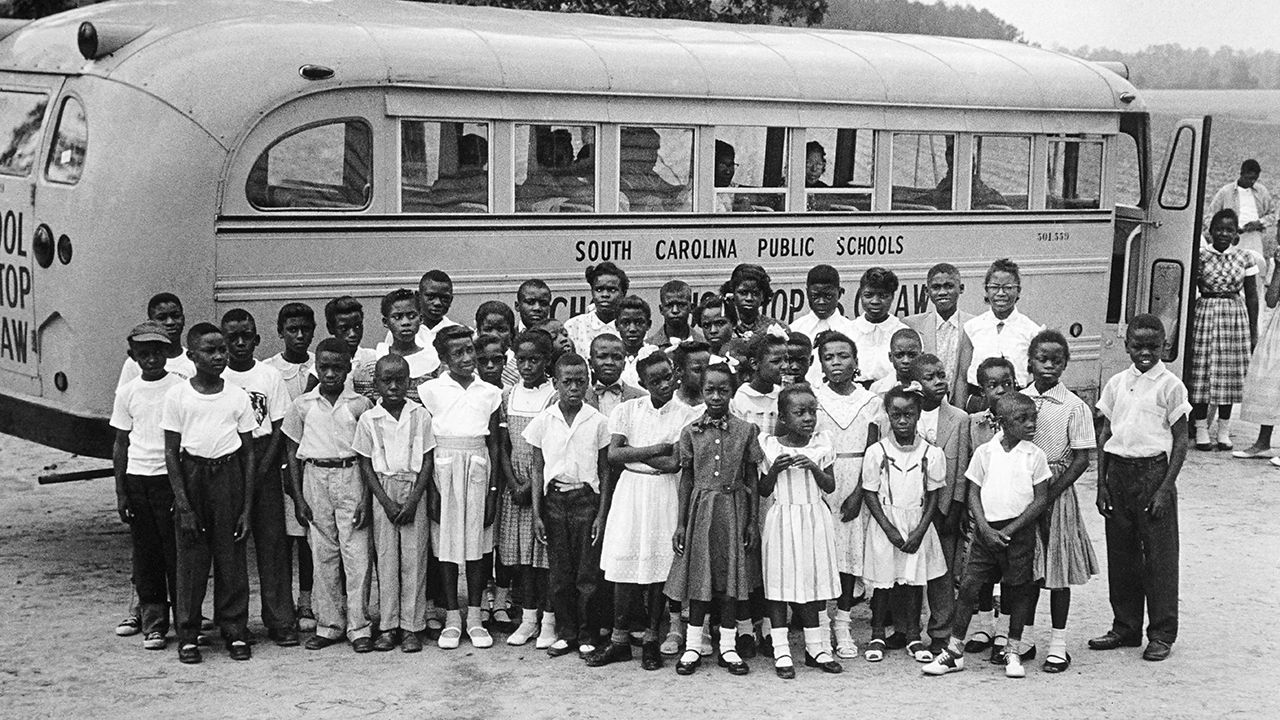Understanding the 14th Amendment: Birthright Citizenship and Current Supreme Court Debates

The 14th amendment has long stood as a cornerstone of the United States Constitution. At its heart, it guarantees that anyone born or naturalized in the U.S. becomes a citizen, securing vital protections and equal rights. Recently, the scope and meaning of this amendment—especially in relation to birthright citizenship—has returned to the forefront of national debate, with the Supreme Court revisiting its interpretation.
What Is the 14th Amendment?
Adopted in 1868, the 14th amendment forms a central pillar for civil liberties in America. Its Citizenship Clause states, “All persons born or naturalized in the United States, and subject to the jurisdiction thereof, are citizens of the United States and of the state wherein they reside.” This language enshrined the principle of birthright citizenship in American law.
Beyond establishing citizenship, the amendment also guarantees due process and equal protection under the law for all residents. It was born out of a time of renewal and reconstruction following the Civil War, ensuring that formerly enslaved people and their descendants would be recognized as full citizens.
Recent Supreme Court Cases: The Debate Over Birthright Citizenship
Today, the 14th amendment is again in the spotlight. Executive orders seeking to restrict citizenship for certain groups have sparked new legal challenges. The Supreme Court now faces cases that test not only the substance of birthright citizenship but also broader questions about judicial power and the scope of nationwide injunctions.
A recent article from Vox puts it succinctly: while the Supreme Court’s current birthright citizenship case addresses a presidential order, the real issue at stake is whether one judge can issue orders that impact the entire country. The Trump administration’s executive order aimed to limit citizenship for children born in the U.S. to undocumented parents. Federal judges blocked the order, citing the clear constitutional promise of the 14th amendment. As outlined in United States v. Wong Kim Ark (1898), the “jurisdiction” exception is very narrow, debunking most attempts to limit birthright citizenship.
The Supreme Court now faces a dual challenge: whether to uphold this long-standing interpretation of the 14th amendment and whether to maintain the judiciary's power to issue nationwide injunctions. These decisions will shape not only immigration policy but also the balance of power between the courts and the executive branch.
Why These Decisions Matter
The upcoming Supreme Court rulings will have ripple effects. They will clarify the future of birthright citizenship for millions. They will also determine how broadly courts can act when executive actions may violate the Constitution. The stakes are high, and many experts believe the unconstitutionality of executive efforts to restrict citizenship is clear.
If you want a broader view of the legal context, this Economist analysis examines the rapid increase in emergency Supreme Court cases related to executive orders, especially those impacting civil rights and citizenship. The article notes that decisions stemming from this debate will touch every aspect of American law, government programs, and the day-to-day identity of what it means to be a U.S. citizen.
Conclusion
The 14th amendment remains a powerful protection for rights and equality. As its meaning is tested in today’s courts, it continues to shape the American promise for current and future generations. Understanding these issues is critical—not just for scholars or lawyers, but for every citizen. The outcomes of these Supreme Court cases will matter for years to come, making now the perfect time to follow this historic debate.